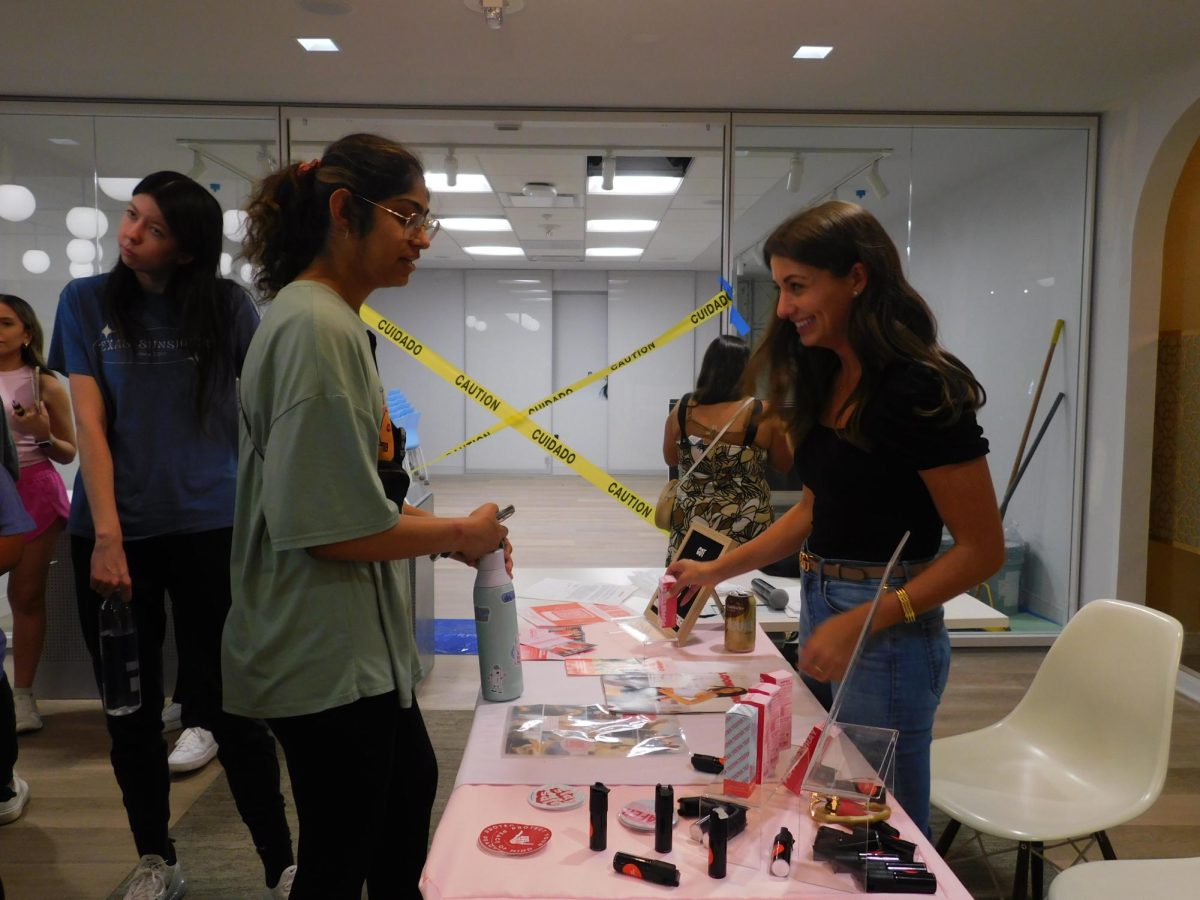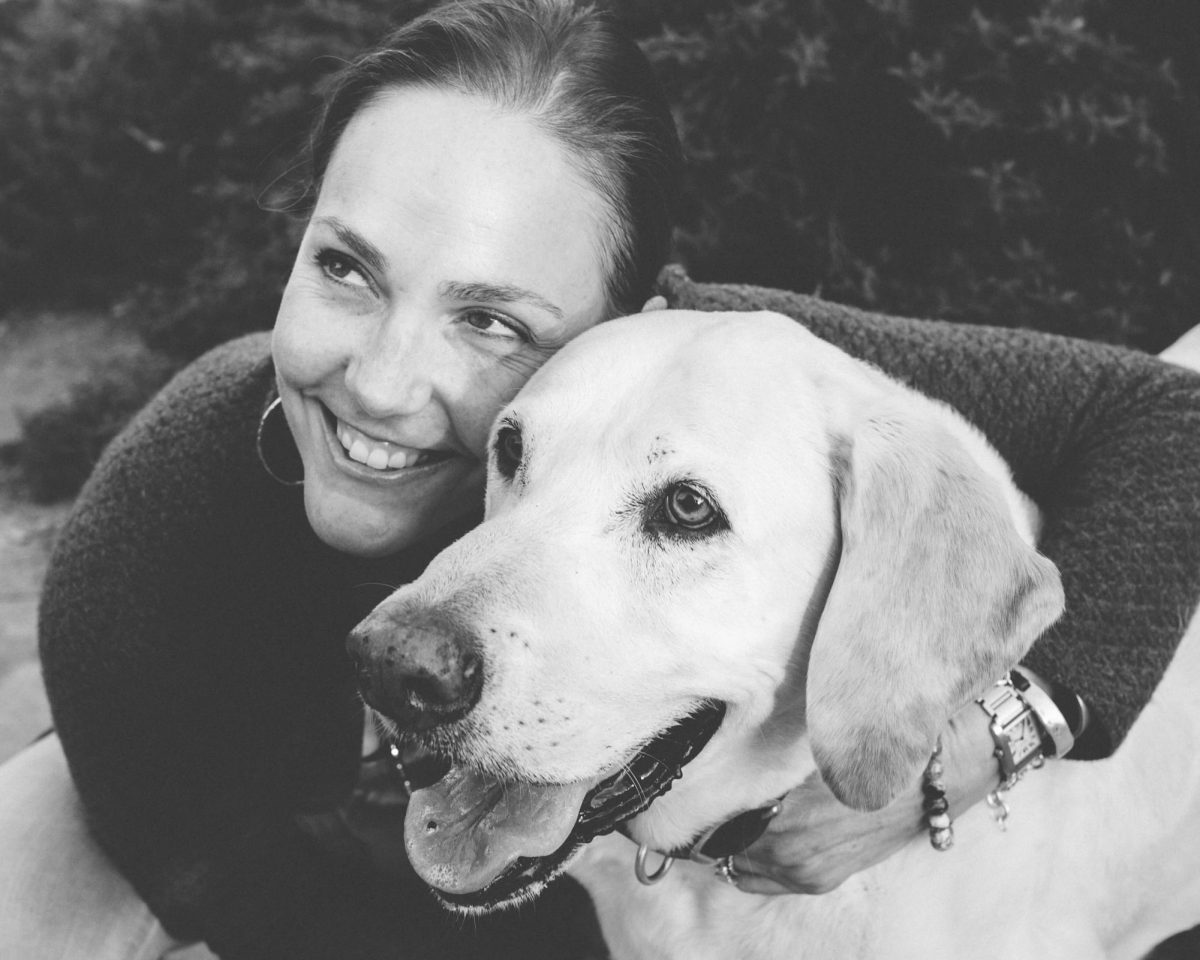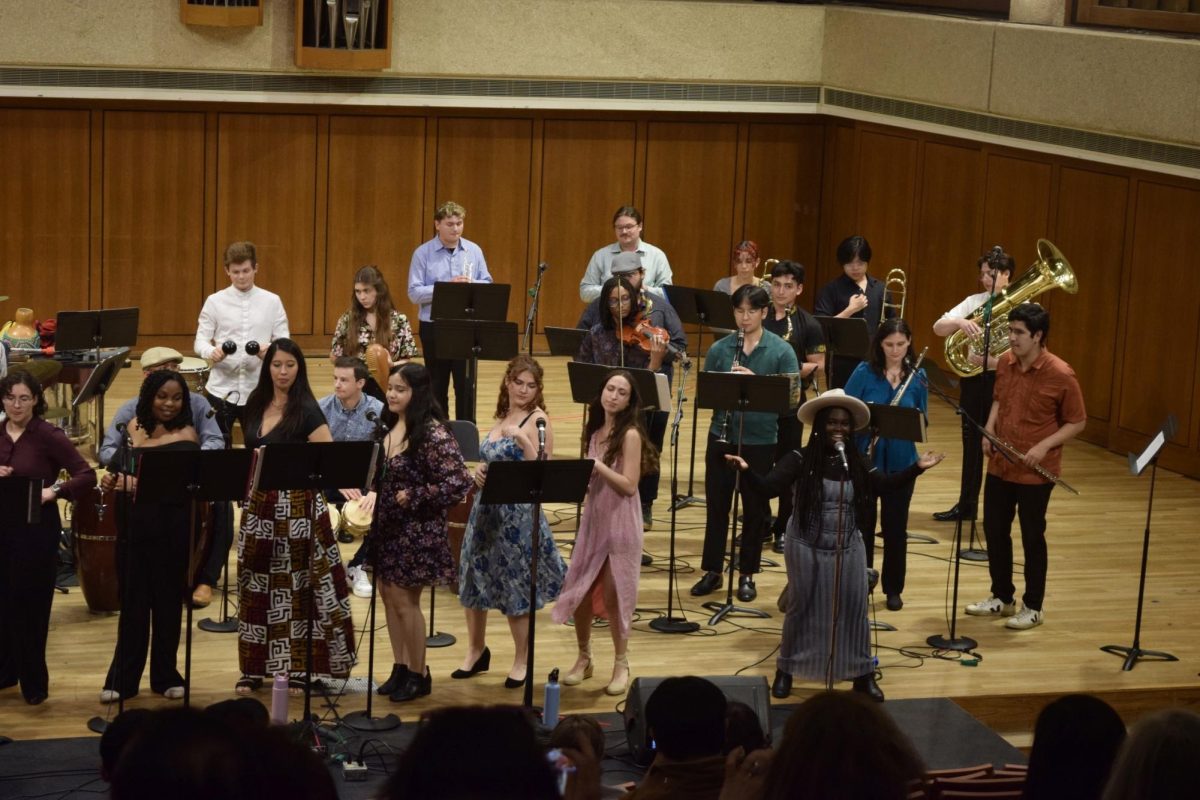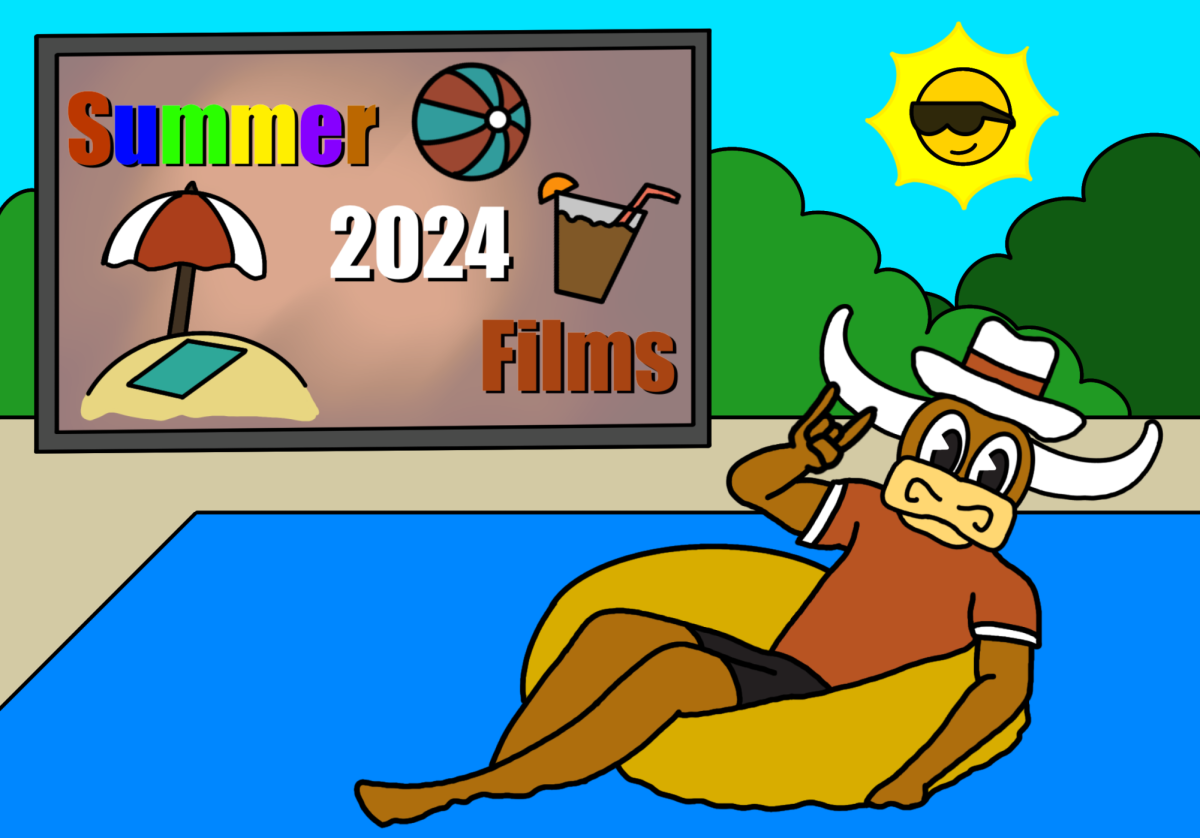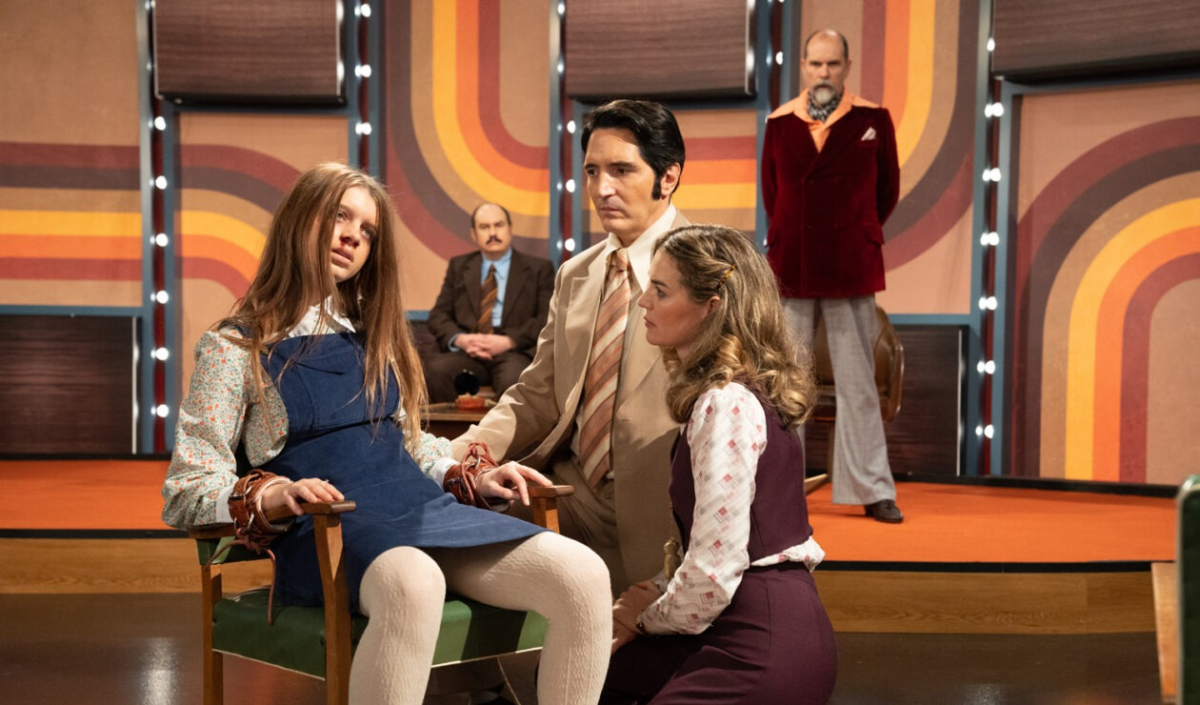For lots of kids, summer is synonymous with explosion-packed, action blockbusters, but for kids enrolled in Stunt Camp, summer represents a chance to learn how those movies are created while experimenting with zip lines, a rock wall, ropes courses, catching themselves on fire and, of course, blowing things up.
Stunt Camp is a five-day-long, hands-on seminar that focuses on the science behind movie stunts and special effects. The camp takes place at the shaded Stunt Ranch, 20 minutes southwest of Austin on Fitzhugh Road and was founded by Steve Wolf, a special effects expert who has worked in the industry since 1987 and is president of Special FX International.
“I feel that we’re very much in danger, for the first time, of raising a dumber generation than the one before,” said Wolf, who started the camp in 1992. “I feel that it’s only by making education entertaining that we’re going to lure kids back into learning.”
The luring, which takes place from 9 a.m. to 5 p.m. Monday through Friday during seven sessions, is an element that Wolf thinks is missing from science classrooms these days. He said that there are so many things competing for kids’ attention that school, by contrast, is boring — something that he hopes to change.
“That’s really what I’ve been working at for 20 years,” Wolf said. “How to take what the entertainment industry is very good at — which is putting ideas in kids’ heads — and substitute in good ideas and good knowledge and strong education for dumb plots. If we can make science education as exciting as going to an action movie, then kids are going to be excited about it and remember it and maybe want to go in that field.”
Wolf, who has a bachelor’s degree in writing and literature with an emphasis in screenwriting from Columbia University, hopes that the camp will minimize what he calls “the negative effects of television,” such as senseless violence, by encouraging kids to think about how those effects are created.
“They’re going to leave with a first-hand appreciation of the role of science in movies,” Wolf said. “They’re going to never watch TV the same. When they see violence on TV they’re not going to be thinking about the violence. They’re going to be thinking ‘Oh, I know how they did that. They used an electric circuit and a chemical reaction and it made pressure and it pushed the blood out of that guy.’ It kind of takes the violence out of it a little bit and they just start thinking like scientists.”
The Stunt Campers, who can be 8 to 15 years old, learn to analyze what they see on TV from a physical science perspective through a series of workshops and activities that are led by certified camp counselors throughout the week.
Tommy Betts, the 25-year-old lead instructor of the camp, has been working with Stunt Camp for five years. He creates the curriculum and helps the kids with the week’s activities, which include how fake snow is created, how squibs (a miniature explosive) work, “flying” while strapped to a harness and how to use “Zel-Gel,” a flame-retardant gel.
“We go through a lot of types of special effects,” said Betts. “We go through squibs and blood packs and blood cannons. We have ‘flying’ out here today and ultraviolet lighting effects. The big stunt at the end of the week — I light them on fire with the Zel-Gel. They all get to have their hand lit on fire. We have the high ropes course. We do special effects makeup. We learn about electronics. [We do] pretty much anything I’ve done in a movie or a commercial.”
Some of these stunt workshops can be dangerous, but Betts, a licensed pyrotechnician and stunt coordinator, said that safety is a big part of the camp.
“Everything we do is a lot of fun,” Betts said. “Of course, it all has the illusion of danger, but we all have safety lessons before every activity. We don’t just come out here and hand them a flamethrower and say ‘figure it out kids.’ We teach the physics and science behind [the activities] and what tools are needed to perform each task.”
Beyond learning about the science involved with stunts and special effects, some kids hope to use what they learn at the camp as a stepping stone into the film industry.
“I don’t think I want to be a stunt person, but I’m definitely looking to work with film and TV shows,” said Ari Polgar, a 15-year-old camper. “Knowing all this stuff is really cool and probably helpful.”
Some campers, however, are just in it for the explosions.
“Even though we’ve only been to camp for three days, this is definitely the best camp I’ve ever been to,” Jared Counts, 11, said. “It’s just more fun. You get to explode things. They’re going to light us on fire at the end of the week.”
Originally printed on 6/9/2011 as: Learning the Ropes, Camp uses science with special effects to educate children






